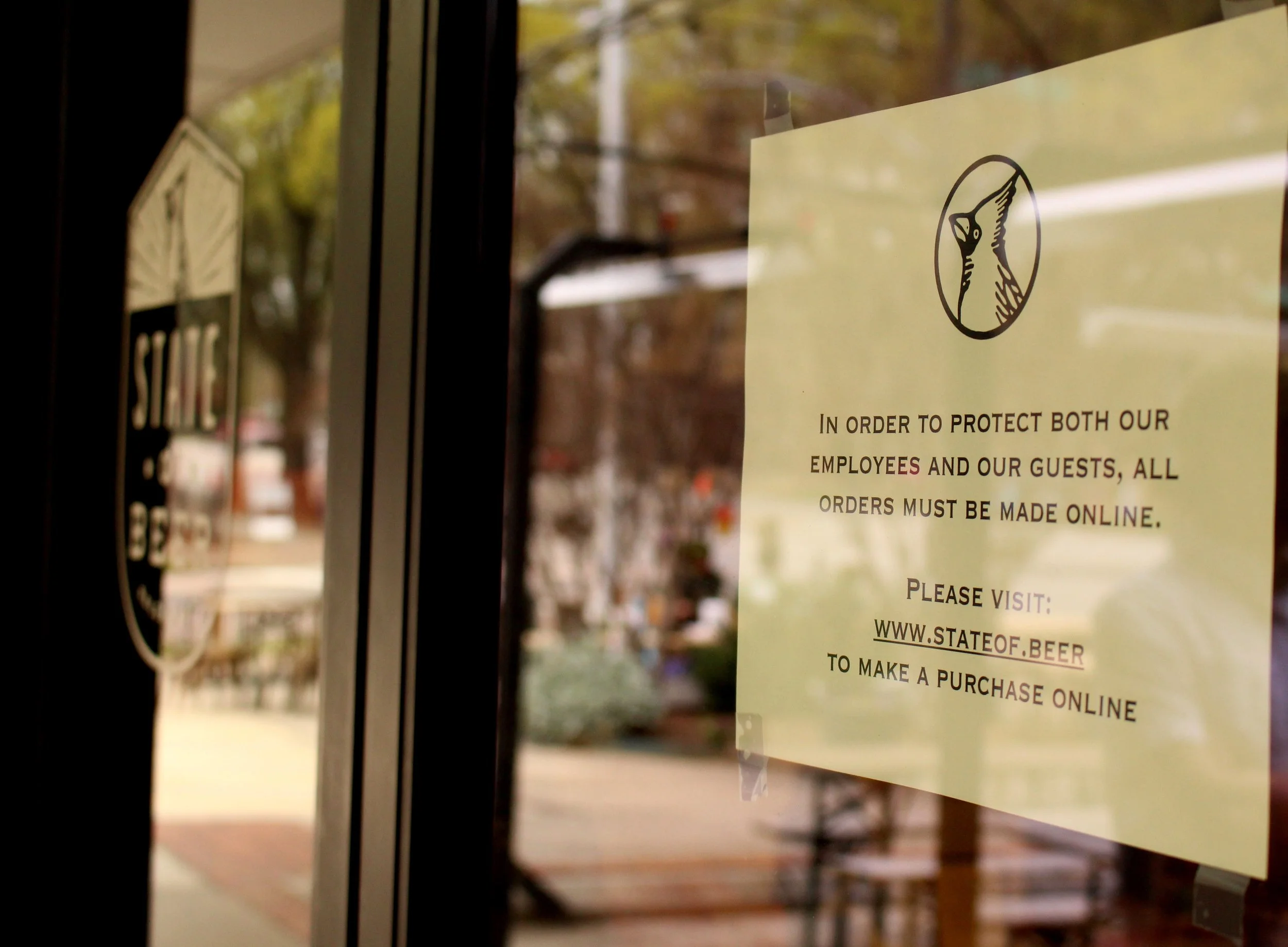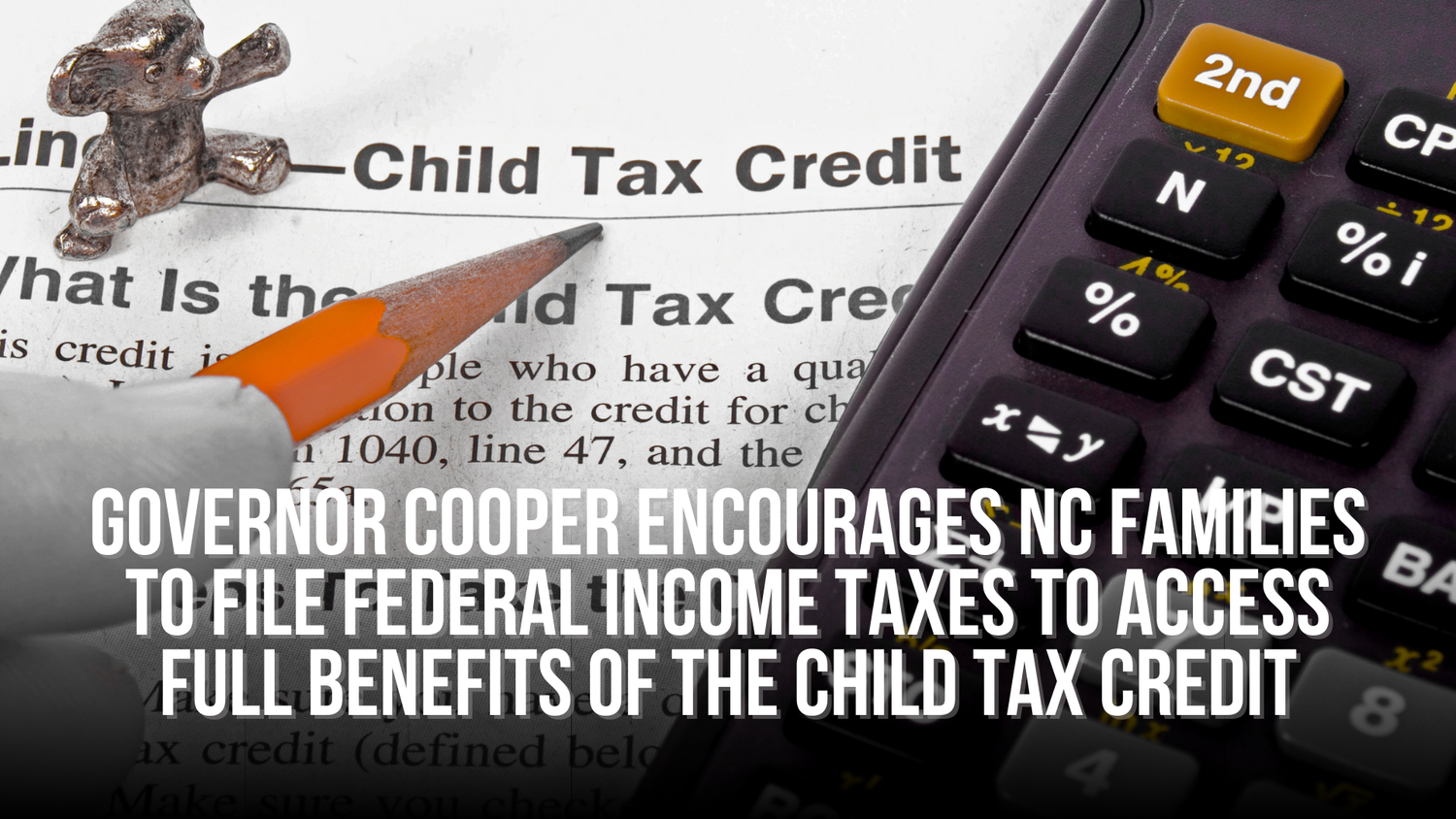Media blasted for ignoring study on harmful government lockdowns
By David Bass, Carolina Journal
A new meta-analysis from Johns Hopkins University shows that government-mandated lockdowns in America and Europe during the first wave of the COVID-19 pandemic only reduced the death rate by 0.2%, on average. Researchers concluded that lockdowns “have had little to no public health effects” while imposing “enormous economic and social costs” and should be “rejected as a pandemic policy instrument.”
Meanwhile, another faculty member at Johns Hopkins is blasting his own university and the media broadly for ignoring or downplaying the study.
“Johns Hopkins itself did not even put out a press release about this study, and if you look at the media coverage, it’s one of the biggest stories in the world today, and yet certain media outlets have not even covered it,” said Dr. Martin Makary, a professor of surgery at the university. Makary made the comments on Tucker Carlson Tonight on Fox News.
Fox News also cited a review by Grabien finding that mainstream news outlets have blacked out the findings. These include CNN, MSNBC, ABC, CBS, NBC, The New York Times, The Washington Post, The Associated Press, Reuters, and USA Today.
The Johns Hopkins working paper was based on 34 pre-existing COVID-19 studies and only examined death rates, not rates of infection or hospitalization. The most effective measure, according to researchers, was shutting down “non-essential” businesses, which they estimated reduced pandemic-related mortality by 10.6%. Most of that figure they attributed to the shuttering of bars.
The working paper comes on the heels of other research questioning the effectiveness of lockdowns in saving lives compared to the social and economic toll. A working paper from the Georgia Center for Opportunity found no correlations between the severity of government-imposed shutdowns and reported rates of COVID-19 hospitalizations or deaths. But states that imposed more stringent lockdowns — such as New York and California — continue to experience negative economic effects compared to less severe states, such as Utah.



